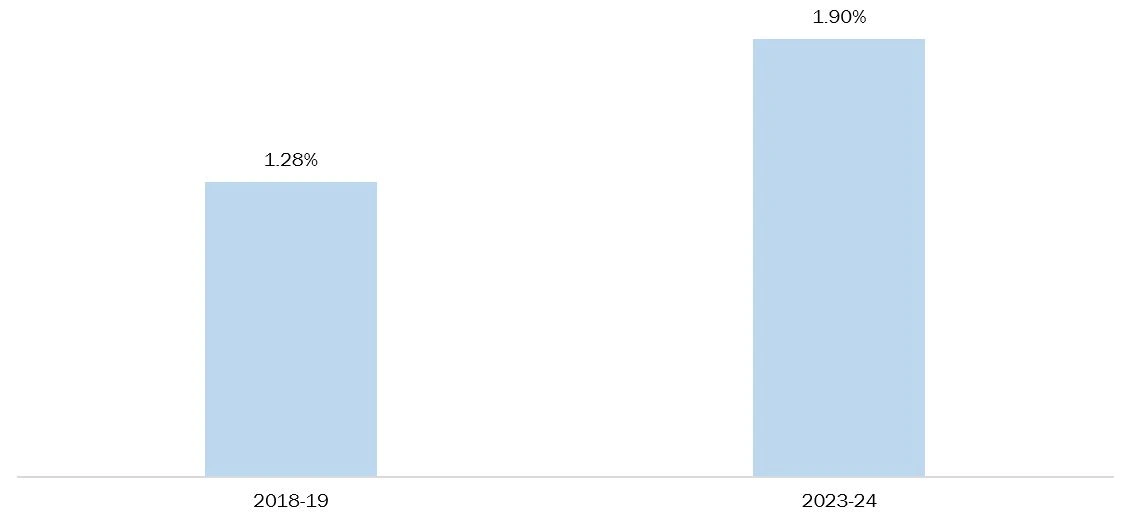Revolutionizing Healthcare: The Role of AI in Precision Therapies

The utilization of artificial intelligence is widespread and is transforming our working and living conditions dramatically. Some technologies we interact with daily, for example, social networks, mobile devices, smart home systems, and online retailing, are a product of AI. It is used by platforms to analyze a person’s voice; predict what goods one would wish to purchase and even suggest what next one should read or watch. The growth of AI is in the driving seat of the revolution of technology by enhancing automation and invention. The application of AI in organizations is to facilitate decision-making processes, forecasting trends and enhance operations. Every new advancement in AI is changing the face of industries, making it difficult to sideline its role in the future of technology.
Artificial intelligence is changing the nature of the healthcare sector by providing means to address various issues on patient care, diagnostics, and even the overall operation of the healthcare engineer. Medical resources can be analyzed with the help of AI systems, which not only assist doctors in their work but also save a lot of time. For example, by analyzing lab tests, medical history, and imaging studies, AI can help screen for diseases such as cancer, heart disease, or brain disorders with improved speed and accuracy.
AI is reshaping the healthcare industry by impacting care for patients and diagnosis of diseases, as artificial intelligence is transforming the provision of medical services. It enables the provision of customized treatment approaches and early diagnosis. Thanks to AI, medicine is entering a new age of precision and efficacy regarding accuracy. Patient outcomes are improving, the accuracy of diagnosis is rising, and healthcare processes are managed faster through the use of large volumes of data and advanced algorithms which has also increased investments in the healthcare industry, for instance as per the Economic Survey 2023-24, Indian government health expenditures accounted for 1.28 percent of GDP in 2018-19 and increased to 1.9% in 2023-24.
Figure 1: Percentage of Increased Investment in Healthcare, India, 2018 to 2024
 Source: Economic Survey
Further, AI has revolutionized healthcare in the following ways:
Source: Economic Survey
Further, AI has revolutionized healthcare in the following ways:
 Source: Economic Survey
Further, AI has revolutionized healthcare in the following ways:
Source: Economic Survey
Further, AI has revolutionized healthcare in the following ways:
- AI in Cancer Therapies
- Diagnosis of Rare Diseases through AI
- Improving Risk Prediction and Diagnosis
- Enhancing Drug Development and Discovery
- Customized Treatment Programs
Get in Touch
Interested in this topic? Contact our analysts for more details.
Latest Thought Articles

Top OSAT Companies Driving Semiconductor Assembly and Test Services Worldwide
Recently
EV Charging Stations Market Outlook: Smart Charging, Fast Charging, and Regional Expansion
Recently
Future of Corporate Wellness: Global Trends and Regional Outlook
Recently
Regional Breakdown of the Mechanical Keyboard Market: Who Leads and Why?
Recently